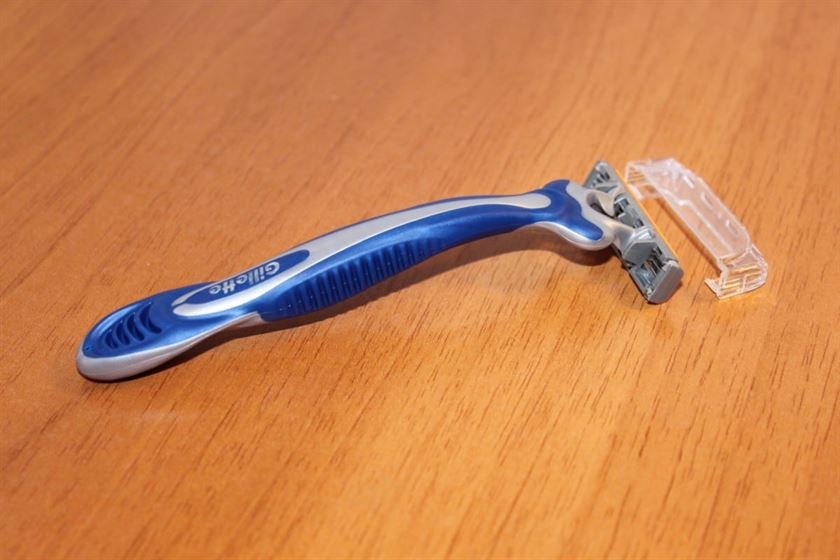Last week, Gillette released a new ad encouraging men to abandon “the same old excuses” and to challenge catcallers to stop bullying and to re-examine toxic masculinity.
The ad was met with praise and some scathing backlash. Piers Morgan called the commercial “pathetic” and “a direct consequence of radical feminists.”
The ad is neither of those things, but it is a direct consequence of rational feminist voices being overshadowed and profited from by corporate marketing.
It is clear that the marketing worked because people cannot stop talking about it. The ad has been viewed over 23 million times and has filled my Facebook and Twitter feed as my friends, family and distant aunts I do not know too well but am too scared to unfriend shared the video and lauded its messages.
As a feminist, I am excited that people are talking about holding each other more accountable for their actions, but I am skeptical of marketing campaigns as a precursor for these conversations. Gillette is using their platform to inspire progress, but this is secondary to the main goal of all marketing campaigns: To sell a product.
We also cannot forget the commercial was made by a marketing team that knows what people want to see and found a way to profit off of it. When you consider how the messages of equality and accountability are conveyed through a company’s advertisement, it feels less like it is truly pushing for change and more like it is seeking for ways to demonstrate how “woke” the company is to follow societal trends and gain more customers.
I am wary of these kinds of advertisements and the notion that brands can be profiting off of progressive values because so many people who try to combat inequality are brushed off or not taken seriously when they advocate for these same ideals.
When women try to point out oppressive behaviors, we are often labeled as “man-haters” or “feminazis,” but when the Gillette ad depicted these issues, suddenly there is a widespread and open dialogue about how we can reshape toxic masculinity.
It should not take a commercial brought forth by a multibillion dollar company for people to take these issues seriously. Equality and the #MeToo movement are not the latest trends or sales gimmicks but rather issues we should discuss every day, with or without a marketing campaign prompting us to do so.
If we only talk about issues when a commercial makes them relevant, we imply that these problems are only worth talking about when someone can make a monetary profit and forget that we all profit from open discussions about oppression and inequality. This is not to say that the fact the Gillette commercial invalidates all change and conversation it brings about.
If we truly want to achieve some of the change the Gillette ad calls for, we need to more closely examine how we discuss issues of inequality and why we feel more inclined to discuss these issues when they are brought forth by a major company than by other citizens.
Profits aside, the Gillette ad has gotten people talking, but it is up to us to continue the conversation in a meaningful way.



